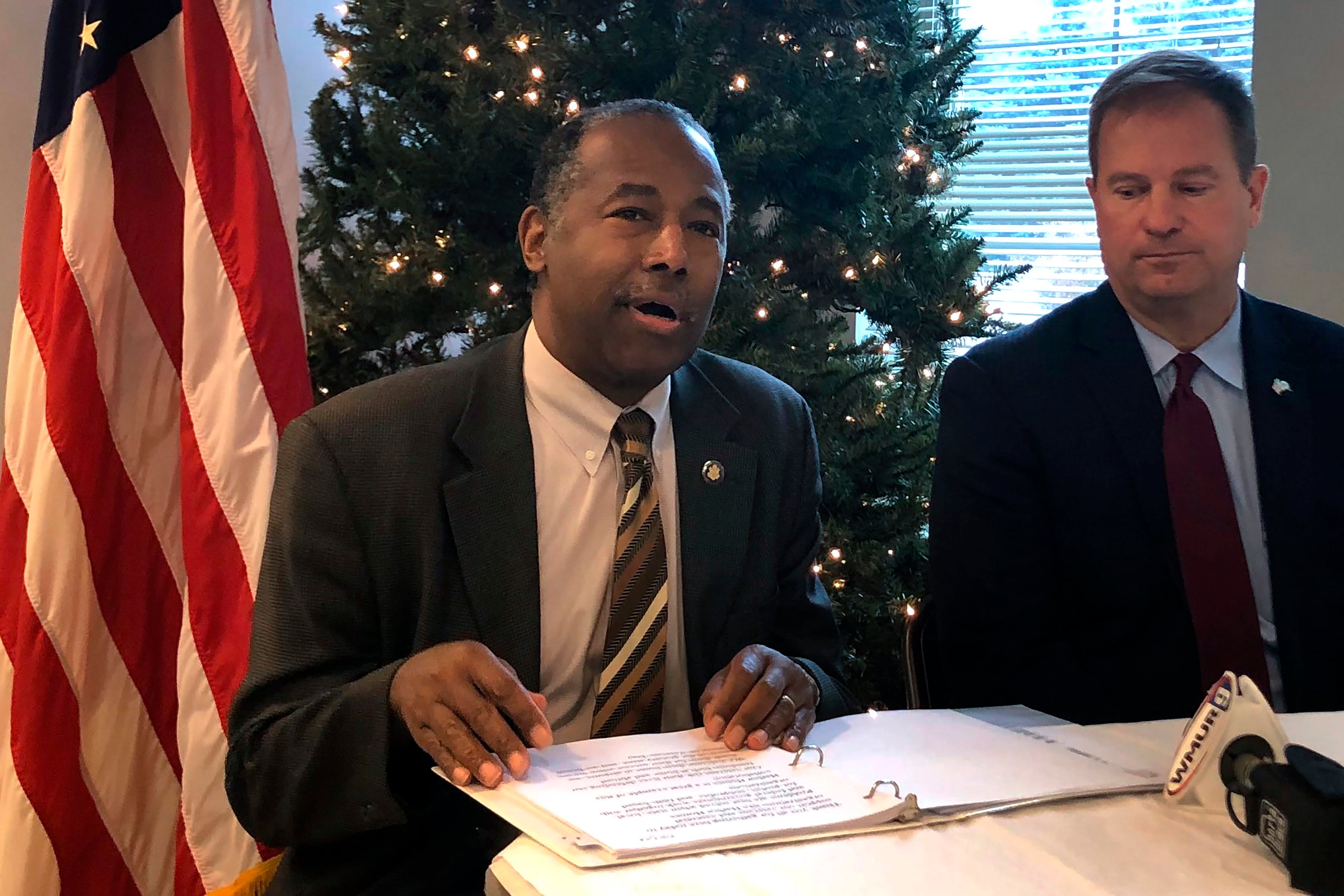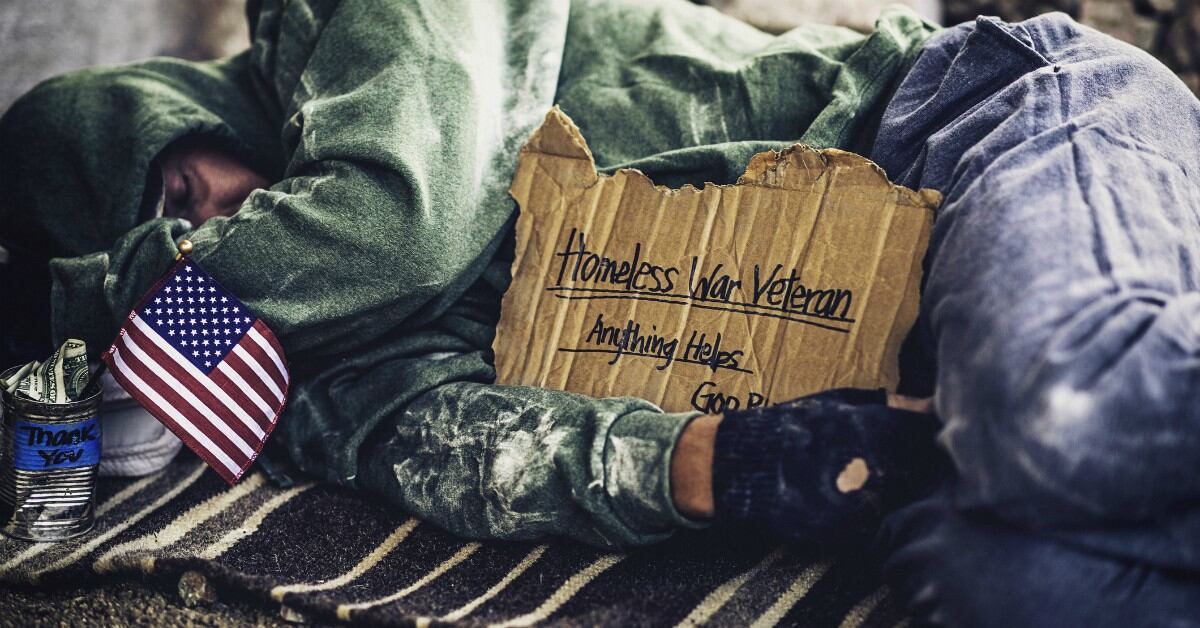Housing advocates aren’t wondering whether the ongoing coronavirus pandemic will lead to an increase in homeless veterans, but instead how big the increase will be.
“There’s major anxiety already, because of what we’re seeing in communities,” said Kathryn Monet, CEO of the National Coalition for Homeless Veterans. "We’re seeing increases in unemployment, eviction moratoriums not being honored.
“The worry is that it took nearly a decade to see a 50-percent decrease in homelessness. To see that all potentially evaporate in a year is concerning.”
In past years, the annual NCHV conference has brought hundreds of community leaders and housing activists to Washington, D.C. to discuss progress and challenges in the effort to get at-risk veterans in stable, safe homes. Often, federal officials also give a preview of the annual national estimates of veterans currently on the streets.
RELATED

This year, however, the ongoing coronavirus pandemic has forced the entire conference online, and also rendered those government estimates largely meaningless.
In the next few weeks, Veterans Affairs and Housing and Urban Development leaders are still scheduled to unveil the official veterans homelessness count as they have in past years. But the numbers were all collected in January, before the coronavirus pandemic started.
Advocates know that data point has already shifted. The question is how dramatically.
Thanks to focused federal efforts on the issue, the number of homeless veterans dropped from more than 74,000 in 2010 to about 38,000 in 2018.
But much of that work was based on personal outreach and billions in federal, state and local community funding. Social distancing issues have cut down on those types of interactions, and economic issues have cut down on available resources.
“A lot of our homeless services are funded by a state measure … and that funding is based on a sales tax,” said Karl Calhoun, director of enterprise development for Volunteers of America Los Angeles. “With everybody working from home and staying inside, the economic impact on businesses, there is a lot less sales tax being generated.”
In many communities, Calhoun and Monet said, that has meant getting homeless veterans into hotels and motels instead of more permanent and more expensive housing. In coming months, long-term solutions for those individuals is expected to be a major issue throughout the advocacy community.
RELATED

Officials from the Home Depot Foundation — which has given $350 million to veterans housing efforts since 2011 — said they were forced in recent months to move money for many housing upkeep and improvement projects to immediate coronavirus-related needs, further complicating those long-term housing plans.
“Now we’re getting back to a lot of that,” said Heather Prill, senior manager of strategic partnerships and programs at the foundation. “But for many of our community partners, there are still many volunteers who can’t get out because of the pandemic, so a lot of the work is falling on staff already struggling to keep up with work.”
Monet said that she has seen encouraging signs in some communities, with local advocates able to continue outreach in accordance with state and city distancing guidelines. Prill said some of the groups she has worked with are using video chats to help finalize home inspections and other work that otherwise would have been sidelined by coronavirus office closures.
But as long as national unemployment numbers remain above 2019 levels and community services in some areas remain partially closed, the risk of rising homelessness increases, Monet said. Advocates at this year’s NCHV conference said the goal for now is seeing how to mitigate those problems.
“There are still a lot of the resources on the table, especially at Veterans Affairs and HUD,” Monet said. “The challenge now is making sure everyone knows how to access those resources.”
Leo covers Congress, Veterans Affairs and the White House for Military Times. He has covered Washington, D.C. since 2004, focusing on military personnel and veterans policies. His work has earned numerous honors, including a 2009 Polk award, a 2010 National Headliner Award, the IAVA Leadership in Journalism award and the VFW News Media award.





